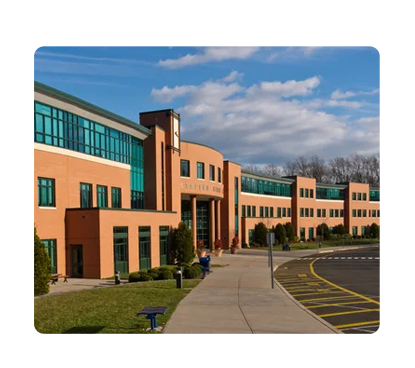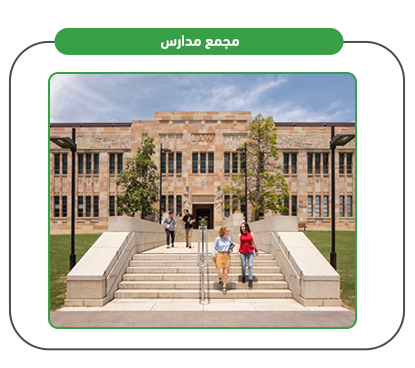The school complex project aims to establish a comprehensive educational institution covering all educational levels, from kindergarten to high school, with a focus on creating a distinguished learning environment that meets students’ needs and enhances the quality of the educational process. To ensure the project’s long-term success and sustainability, a feasibility study is essential to determining the criteria for selecting the ideal location for the complex, along with a thorough analysis of the target groups and the expected population growth in the area. The school complex feasibility study also addresses the estimation of costs associated with establishment and operation, including construction work, equipping classrooms and educational facilities, and employing qualified teachers and administrators. Additionally, the study focuses on analyzing the expected financial returns from tuition fees and additional activities to ensure the desired profitability. The study also pays attention to legal and regulatory aspects, ensuring compliance with local standards and legislation. Overall, the school complex project aims to achieve a balance between life and education, and its feasibility study enhances its success and sustainability.

The concept of a school complex project is based on providing a comprehensive educational environment that meets the needs of students of all ages, with a focus on fostering creativity and critical thinking through advanced academic and educational programs. The project will not achieve its ambitions and aspirations unless a school complex feasibility study is prepared that addresses all marketing, technical, financial, and administrative aspects of the project. At the school complex project, students will enjoy a unique educational experience through modern facilities such as classrooms equipped with the latest technology, science laboratories, libraries, and spaces for sports and arts activities that develop students’ skills outside the classroom. It is worth noting that the project will employ qualified educational and administrative staff capable of providing distinguished education and effective academic guidance, while also providing all counseling and psychological programs to support students in overcoming their challenges. This project pays special attention to students with special educational needs to ensure inclusive education and equal opportunities.

Comprehensive education for all educational levels.
Sports, arts, and cultural activities.
Academic and psychological counseling.
Safe transportation services for students and teachers.
Support for students with special needs.


An integrated learning environment for all levels.
Advanced curricula that focus on creativity and critical thinking.
Modern facilities: smart classrooms, laboratories, and playgrounds.
Qualified and experienced teaching staff.
Sports and arts activities to develop skills.
Comprehensive support for students with special needs.
Innovative teaching techniques in classrooms.
A safe and stimulating learning environment.
Educational partnerships with local and international institutions.
Executive summary
Study project services/products
Market Size Analysis
Risk Assessment
Technical study
Financial study
Organizational and administrative study

The Kingdom of Saudi Arabia is the largest Gulf country in terms of spending on education, spending approximately 25% of its general budget on the education sector.
Total education allocations in the Kingdom of Saudi Arabia for the academic year 1437/1438 AH (1997-1998) amounted to 211,836 million riyals.
The total number of students in the Kingdom at the primary, intermediate, and secondary levels reached 7,277,317, representing 22% of the Kingdom’s population.
The total number of students in the primary level reached 3,734,692 in 2016, with males accounting for 51%.
The total number of students in the intermediate level reached 1,682,509, with males accounting for 51.8%.
The total number of students in the secondary level reached 1,860,116, with males accounting for 51.7%. The Makkah and Riyadh regions accounted for 48% of the total number of students in the Kingdom of Saudi Arabia in 2016, with Makkah accounting for 27.9% and Riyadh for 20.1%.
